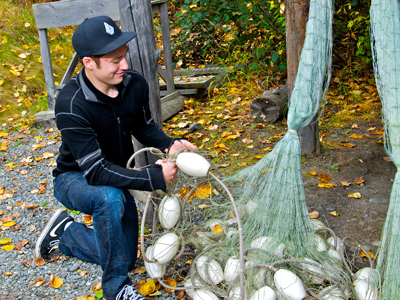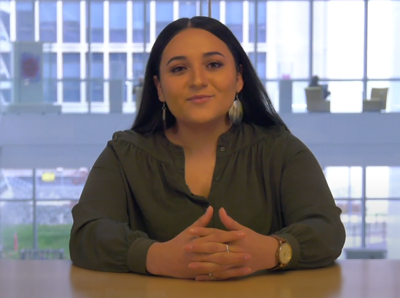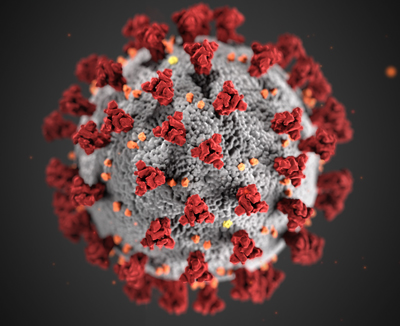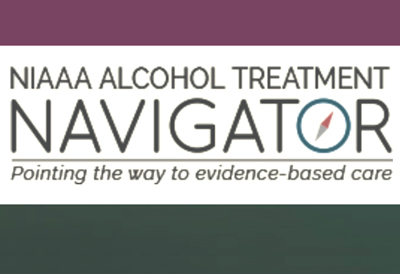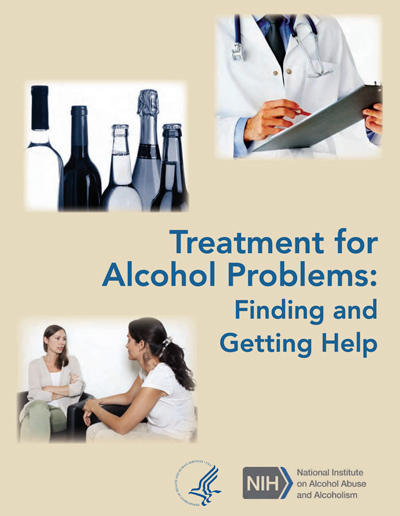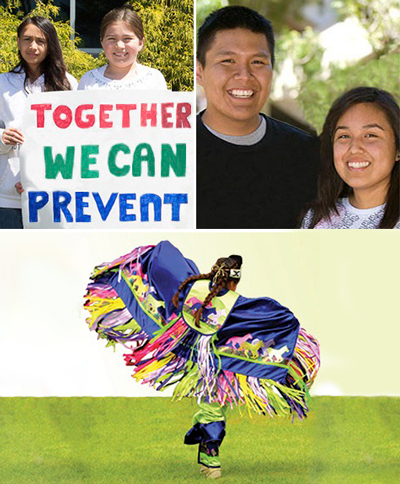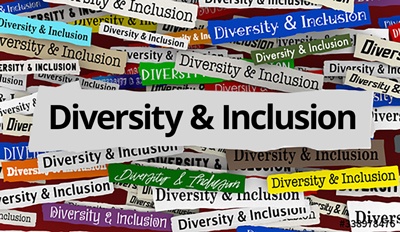Resources To Prevent and Treat Alcohol Problems in Native Populations
This issue features information on research and resources aimed at preventing and treating alcohol problems, which can affect Native populations at a high rate. It is brought to you by the National Institute on Alcohol Abuse and Alcoholism (NIAAA), a part of the National Institutes of Health (NIH). NIAAA conducts and supports research on the causes, consequences, diagnosis, prevention and treatment of alcohol use disorder. NIAAA also disseminates research findings to general, professional and academic audiences.
News and Events
Native Communities – Alcohol Intervention Review (NativeAIR)
NIAAA’s NativeAIR project is an ongoing comprehensive review of research literature to inform efforts to prevent and treat alcohol use disorder among American Indians, Alaska Natives, Native Hawaiians, Pacific Islanders and other Indigenous people in the United States. The ultimate objective of this project is a public website that will help community leaders, public health workers and other people who are working to combat alcohol problems in Native communities.
Volunteer Opportunity: The project needs volunteers to provide feedback on how to make this resource more useful. For more information, contact [email protected].
Prevention of Alcohol/Suicide Risk in Alaska Native Youth
NIAAA-funded researchers, led by Dr. Stacy Rasmus and Dr. James Allen of the University of Alaska Fairbanks, have focused on developing culturally appropriate strategies for preventing alcohol misuse and suicide among Alaska Native youth. This website details their work over the past decade.
Native American Outreach Project With National Organization on Fetal Alcohol Syndrome
NIAAA is working with the National Organization on Fetal Alcohol Syndrome (NOFAS) on a multi-year project to raise awareness about fetal alcohol spectrum disorders among selected Native American communities. Using its network of contacts, NOFAS began the project by conducting surveys and holding listening sessions with women in selected Native communities to learn more about their perspectives on alcohol and fetal alcohol spectrum disorders. This feedback is being used to create and share educational materials in selected Native communities in the western United States. This project will widely promote the NIAAA Alcohol Treatment Navigator.
Examining Native Representation in Clinical Research
American Indians and Alaska Natives tend to have worse health than other groups of Americans, in part because such individuals often are not included in biomedical and clinical research or choose not to participate. Watch Deionna Vigil, a citizen of the Nambé O-Ween-Ge nation, and postbaccalaureate research fellow at the NIH, explain how she is working to shrink this health gap by examining how often American Indians and Alaska Natives enroll in NIH studies and by finding ways to increase Native participation in NIH research.
Noteworthy Publications on Alcohol Misuse in Native Communities
NIAAA-funded researchers have published the following studies on the prevention and treatment of alcohol misuse in Native communities.
Moore, R. S., Gilder, D. A., Grube, J. W., Lee, J. P., Geisler, J. A., Friese, B., Ehlers, C. L. (2018). Prevention of Underage Drinking on California Indian Reservations Using Individual- and Community-Level Approaches. American Journal of Public Health, e1-e7. doi:10.2105/AJPH.2018.304447
Montag, A. C. Brodine, S. K.; Alcaraz, J. E.; Clapp, J. D.; Allison, M. A.; Calac, D. J.; Hull, A. D.; Gorman, J. R.; Jones, K. L.; Chambers, C. D. (2015). Effect of Depression on Risky Drinking and Response to a Screening, Brief Intervention, and Referral to Treatment Intervention. American Journal of Public Health, 105(8), 1572-1576. doi:10.2105/AJPH.2015.302688
COVID-19 Updates
COVID-19 is an emerging, rapidly evolving situation. Get the latest public health information from the Centers for Disease Control and Prevention, including the recently updated Toolkit for Tribal Communities and the latest research information from the NIH.
The Indian Health Service continues to work closely with tribal partners to coordinate a comprehensive public health response to COVID-19.
Featured Health Information
Alcohol Treatment Navigator
This online resource from NIAAA offers a comprehensive, easy-to-use tool to help individuals and their loved ones navigate the often-complicated process of choosing treatment for alcohol problems. With many treatment options available, the navigator makes the search easier by telling visitors what they need to know – and what they need to do – to find appropriate, quality care.
Alcohol Treatment and Physical Distancing
The COVID-19 pandemic is affecting every family across the United States and will likely have a long-lasting impact on public health and well-being. Alcohol misuse is already a public health concern, and alcohol has the potential to further complicate the COVID-19 pandemic in multiple ways. If you need alcohol treatment while practicing physical distancing, several professionally led treatment and mutual-support group options are available. This fact sheet offers links to important resources for the public, clinicians and researchers from NIAAA.
Treatment for Alcohol Problems: Finding and Getting Help
This resource can help individuals and families understand available treatment options for alcohol problems. The booklet provides detailed descriptions of the two types of professionally led treatments shown to benefit people with alcohol use disorder – established behavioral treatments, which focus on changing drinking behaviors, and medications, which are often coupled with behavioral treatment. It also includes information about mutual-support groups like Alcoholics Anonymous.
Fetal Alcohol Exposure
Fetal alcohol exposure occurs when a woman drinks while pregnant. Alcohol can disrupt fetal development at any stage during a pregnancy – including at the earliest stages before a woman even knows she is pregnant. This fact sheet offers a guide to understanding the risk factors, definitions and other important information about this serious public health topic.
Help Reduce Alcohol Use Disorders in Your Community
The Indian Health Service (IHS) Alcohol and Substance Abuse Program implements alcohol and substance abuse programs within tribal communities, including emergency treatment, inpatient and outpatient treatment, and rehabilitation services, in rural and urban settings. The goal of this program is to reduce the incidence and prevalence of alcohol and substance abuse among American Indians and Alaska Natives to a level at or below the general U.S. population.
If you or someone you know needs treatment for substance use disorder or behavioral health issues:
- Visit the IHS treatment locator, Find Health Care, a searchable map for finding IHS, Tribal or Urban Indian Health Program facilities in your area.
- Join the Alcohol and Substance Abuse LISTSERV to stay connected.
Cultivate Diversity and Inclusion in Your Organization
To fulfill your mission, it is essential to hire highly qualified people from different backgrounds to encourage a wide range of perspectives. The NIH is committed to ensuring diversity and inclusion in research and in our workforce, and recognizes diversity of perspectives as crucial for success. The NIH Office of Equity, Diversity and Inclusion (EDI) encourages you to think of ways to reach new candidate pools through a variety of vehicles. This EDI page offers five tips to identify and hire top talent for your organization.

